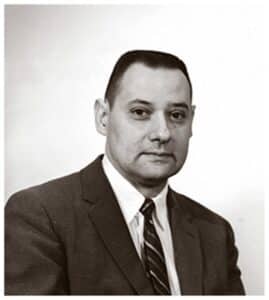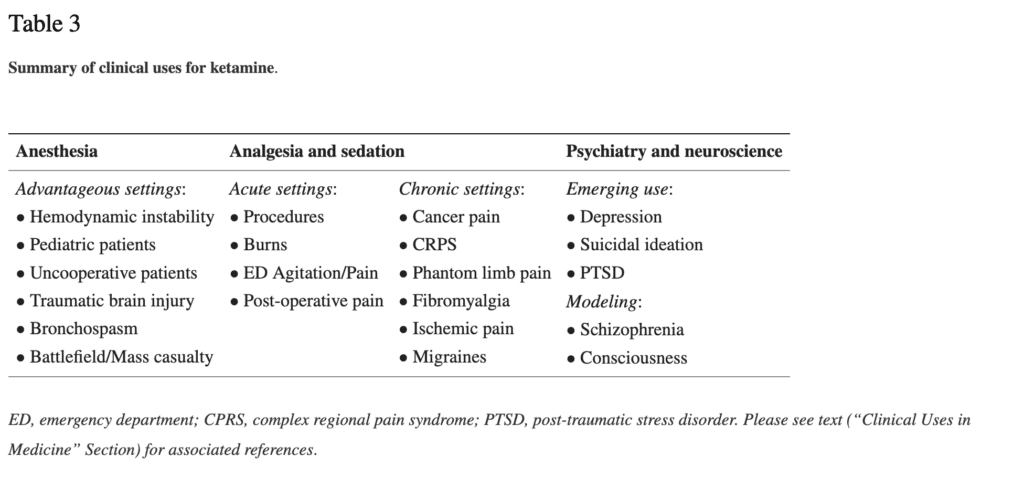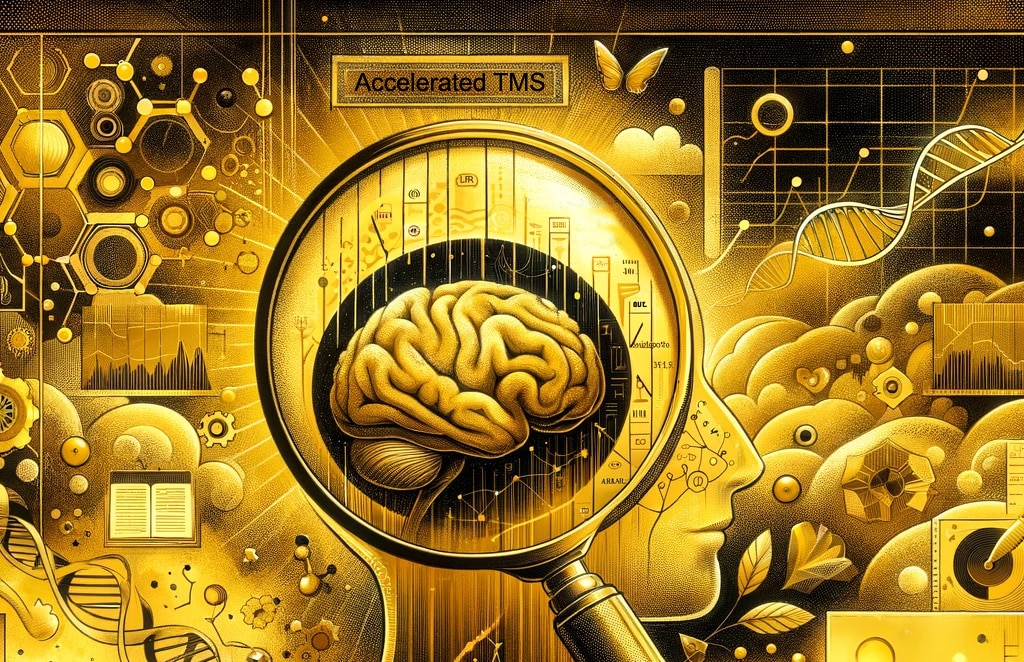From its anesthetic uses to its emerging role in mental health.
If you’ve struggled with depression or post-traumatic stress disorder (PTSD), and haven’t responded well to standard treatments such as antidepressants or therapy alone, you may be curious about the newer options like ketamine-assisted therapy (KAP).
Depending on where your research takes you, you may have questions about its origin and how it emerged into the world of psychotherapy and psychiatry, particularly if you or a loved one is struggling to cope with severe mental health issues.In this blog, Dr. Navin Reddy, a Board-Certified Psychiatrist at Washington Interventional Psychiatry, gives readers a quick look back at where ketamine started and where it is today regarding mental health intervention.
Ketamine Started as a Human Anesthetic
In 1966, Dr. Guenter Corssent and Dr. Edward Domino published the first clinical study of ketamine as a safe and effective human anesthetic. They found that it could rapidly produce profound analgesia and that it could be safely prolonged with repeated administration, which was particularly helpful for sedation and pain relating to surgical procedures.

During administration, patient’s appear awake but are unable to respond to sensory input for a limited period of time. Due to its minimal side effects, Ketalar, the first preparation of ketamine, became FDA-approved in 1970 for human use. It was deemed safe to administer through multiple routes — intravenous (IV), intramuscular (IM), oral, nasal, rectal, subcutaneous, and epidural.
The medication’s wide therapeutic range makes it one of the safest anesthetics available. However, when used incorrectly as a recreational drug, combined with other drugs that alter mood and perception, or are administered outside of professional care, the effects of ketamine can be adverse.
Ketamine Treatment in Psychotherapy
Although initially developed as an anesthetic, over the past several decades, ketamine has been revealed to have greater potential in the field of medicine. A growing body of literature has demonstrated the clinical value of ketamine across diverse settings, including emerging roles in treatment-resistant depression, suicidal ideation, and PTSD.

Ketamine works differently than typical antidepressants like SSRIs, which can take weeks to months to improve symptoms. Ketamine interacts with receptors in the brain, including the NMDA and AMPA receptors, which are involved in brain plasticity, or the ability of brain circuits to change and adapt. By blocking NMDA receptors, ketamine appears to increase brain-derived neurotrophic factor (BDNF) and synaptogenesis – the formation of new neuronal connections. Ketamine may also reduce signals involved in inflammation, which has been linked to depression.
In essence, ketamine seems to rapidly enhance the brain’s capacity for growth and change, which may underlie its ability to lift depression within hours to days.
Key research findings include:
- Significant symptom improvement within 24 hours in 30-70% of patients
- Effective for many with treatment-resistant depression
- Reduced suicidal thoughts in 30-50% of patients
- Potential to enhance the effectiveness of psychotherapy
Ketamine-Assisted Therapy in Psychiatry
In the realm of psychiatric treatments, ketamine has emerged as a groundbreaking option for otherwise treatment-resistant cases, including major depression and post-traumatic stress disorder (PTSD).
Traditionally administered intravenously, ketamine infusions have proven their profound antidepressant effects in clinical settings, often devoid of psychotherapeutic integration. However, a growing body of research demonstrates that combining ketamine with psychotherapy can potentially yield even more psychologically transformative results. This amalgamation of psychotherapy and ketamine is now known as Ketamine Assisted Psychotherapy (KAP).
Ketamine is administered through IV infusions or a nasal spray in a supervised medical setting. Patients typically undergo a short series of repeat treatments to extend the duration of response.
As researchers work to optimize ketamine therapy protocols, this breakthrough medication is providing tangible hope for rapid relief from the world’s most debilitating illnesses.
Book a Consultation with Our Expert Psychiatrists
At Washington Interventional Psychiatry, every patient undergoes a psychiatric/physician assessment before embarking on the KAP journey. Our licensed and board-certified medical professionals, alongside our therapists, ensure patient well-being at all times.
If you’ve been suffering, ketamine may prove to be the mental health treatment that’s right for you.
Schedule a Free Consultation Today

About the Author: Dr. Navin Reddy, a Yale University School of Medicine-trained psychiatrist, is a Clinical Assistant Professor at George Washington and Howard University Hospitals. As a co-founder of Washington Interventional Psychiatry, he’s dedicated to transformative care. With expertise in complex cases, Dr. Reddy focuses on adults with challenging conditions, including hard-to-treat depression, bipolar disorder, anxiety, and substance addiction. Dr. Reddy is board-certified by the American Board of Psychiatry and Neurology.
About Washington Interventional Psychiatry (WIP):
Washington Interventional Psychiatry is located at 4325 49th Street NW, Suite 200, Washington, DC 20016. Our practice group is comprised of a dynamic team of seasoned clinicians who blend traditional medication strategies with evidence-based, rapid-acting treatments. From transformative options like Ketamine Intravenous Therapy, Esketamine Intranasal Therapy (Spravato), and Ketamine Assisted Psychotherapy (KAP) to accelerated TMS (Transcranial Magnetic Stimulation), our range of interventions is designed to complement or even replace conventional approaches. WIP isn’t just a clinic – it’s a beacon of hope for those seeking effective, rapid solutions to mental health challenges for adults and children. To learn more or to schedule a complimentary consultation, visit WIP’s website or call 202.525.5123.



